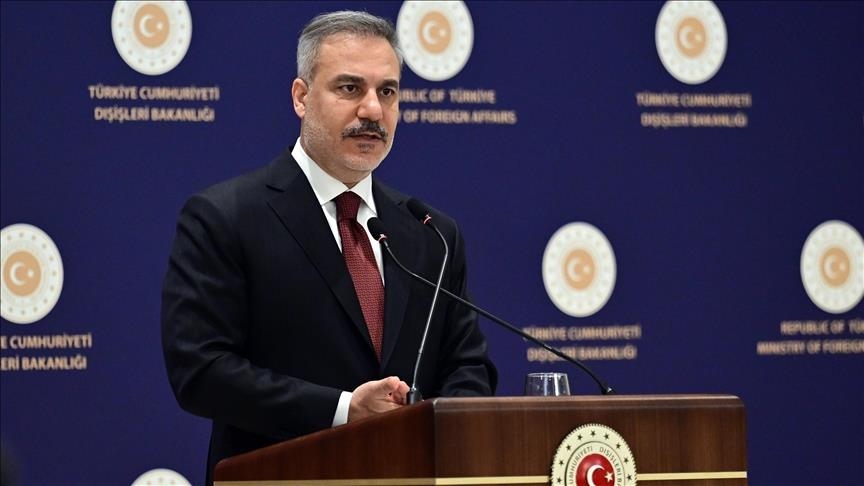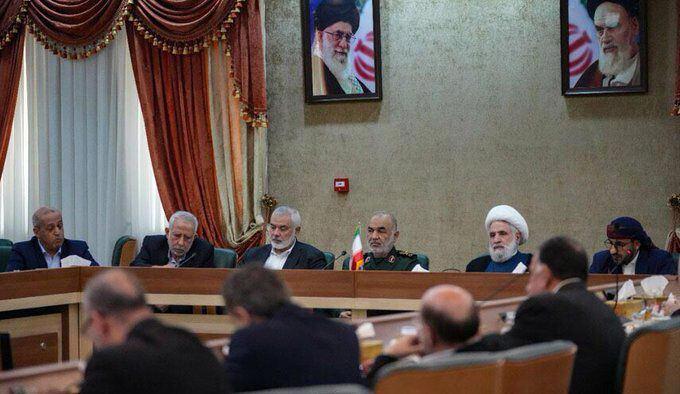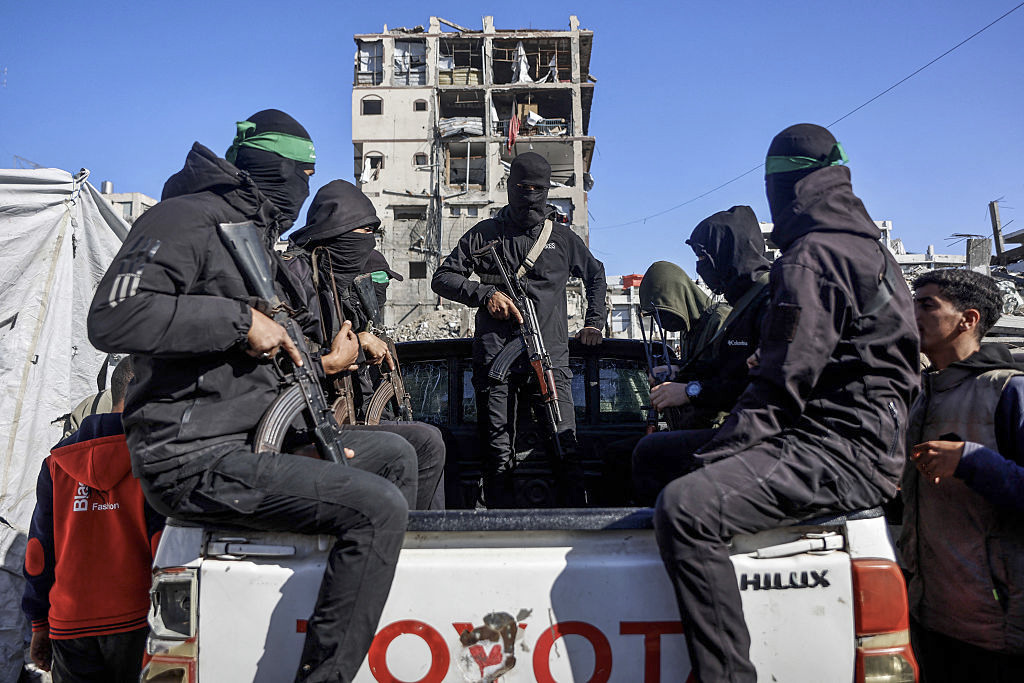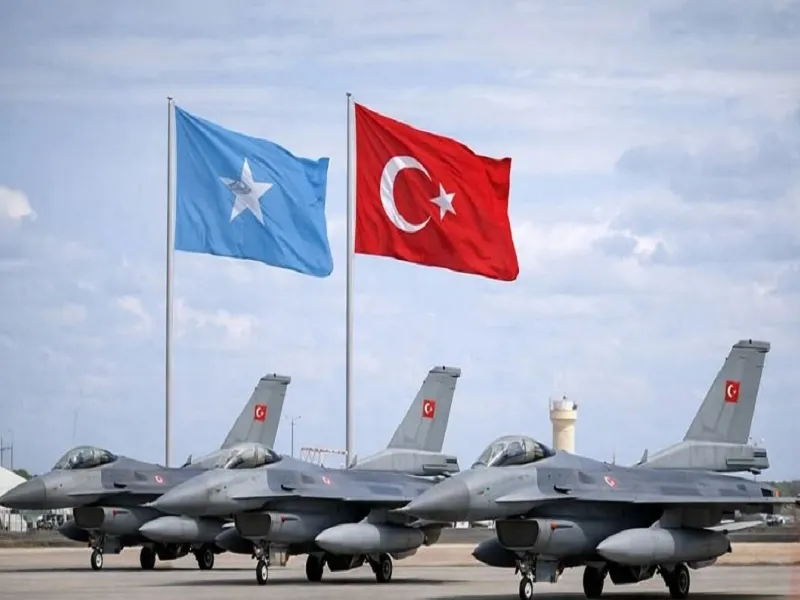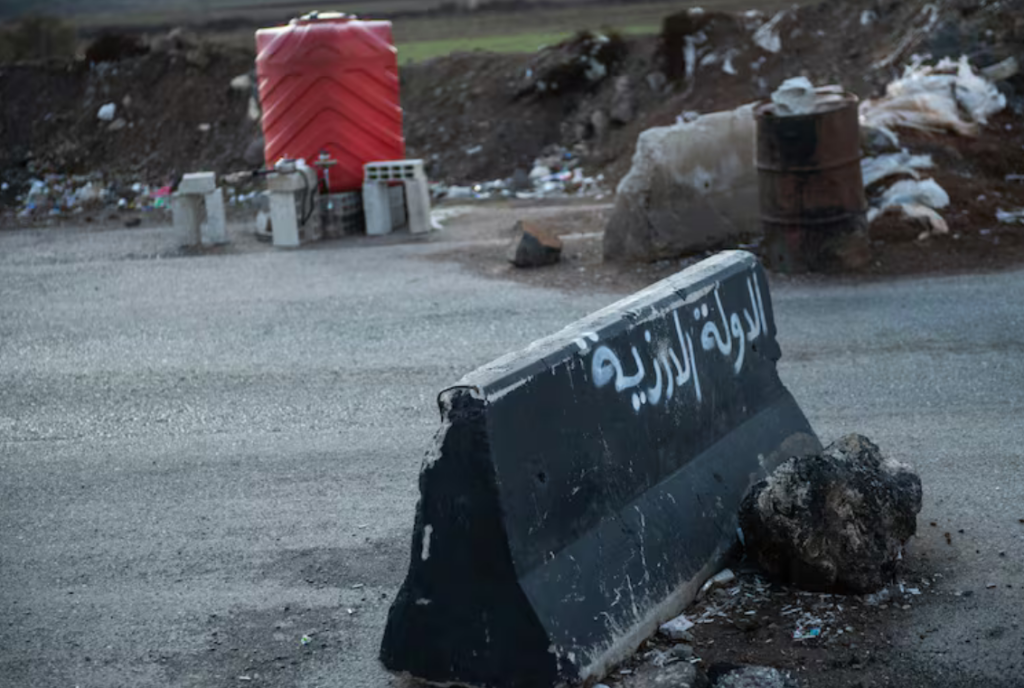What Does It Mean for ISIS Prisons and Camps to Be Transferred to Syrian Government Custody?
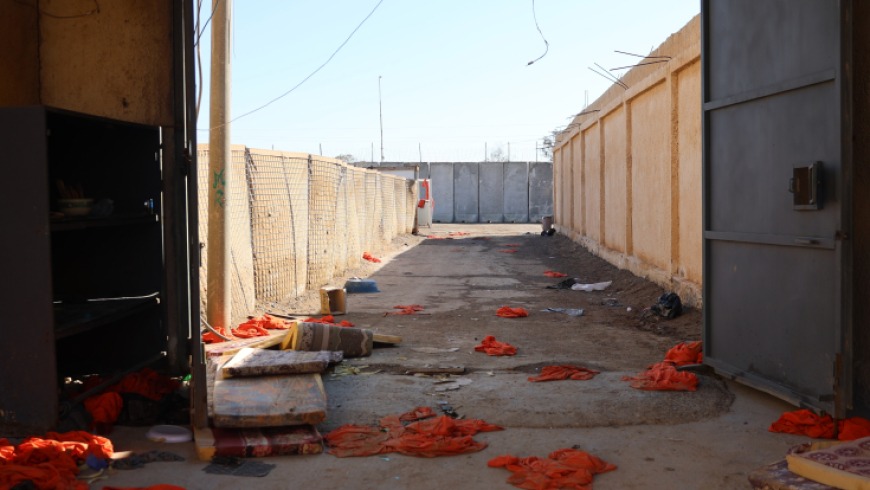
Under the new arrangements, the legal status of these prisons and detention centers will be restructured within a unified judicial and penal framework overseen by the state and the Ministry of Justice, Syria TV reports.
The transfer of authority over detention centers holding members of the so-called Islamic State, along with associated security camps, from the Syrian Democratic Forces (SDF) to the Syrian government marks a profound shift in the management of one of Syria’s most sensitive and complex security files.

